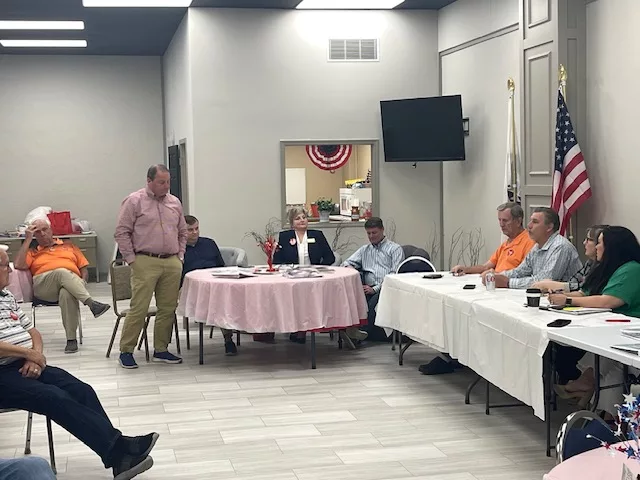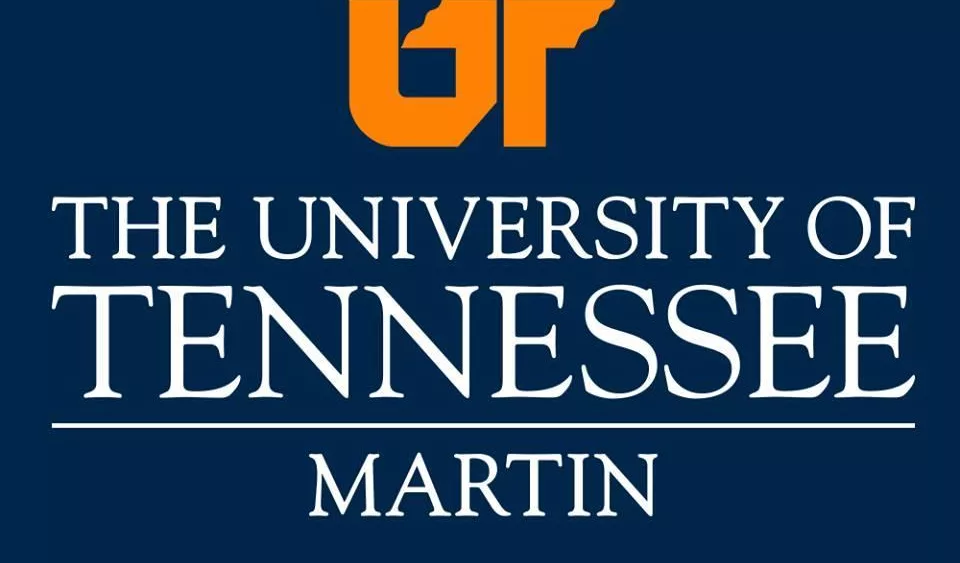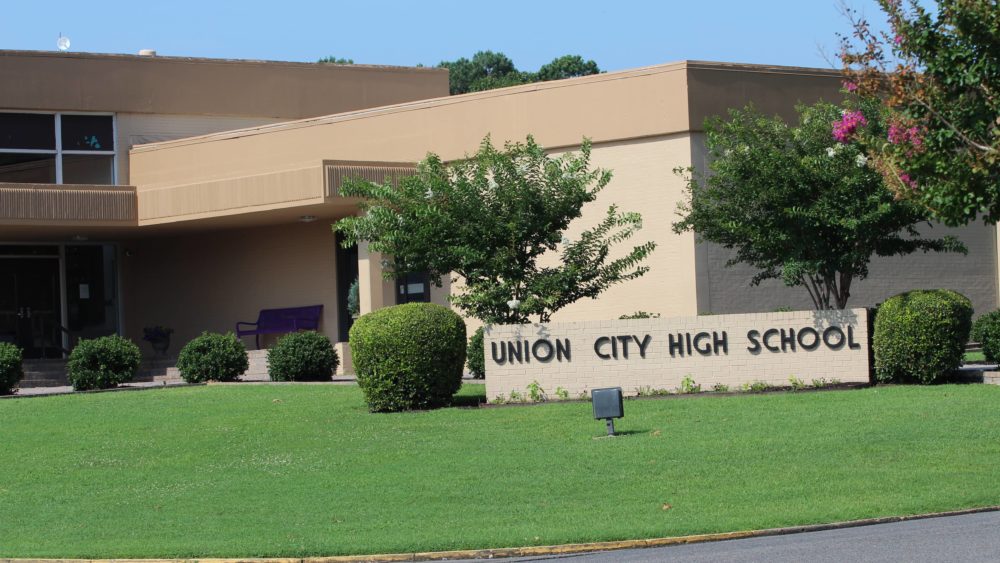Last Thursday’s online meeting of the State Board of Education (SBE) addressed many questions regarding graduating seniors, grading, and student teachers but shied away from a definitive guideline on what happens next regarding school closures.
The SBE convened a special called electronic meeting to enact emergency rules in response to the ongoing COVID-19 public health crisis.
The already passed House Bill 2818 waived the 180-day attendance requirement for K-12 public school students and removed required state testing including a civics test requirement for high school seniors.
The emergency rules were left to address other details. Passed unanimously, they were developed by SBE staff in consultation with the Tennessee Department of Education with feedback from organizations such as the Tennessee Organization of School Superintendents, Tennessee School Boards Association, and Tennessee Higher Education Commission.
Among the actions, which were effective immediately upon filing with the Secretary of State’s office and will remain in effect for 180 days:
- The state kept core requirements for the senior class of 2020 in English, math and science but reduced the credit requirements in other areas. They went from 22 required to 20 credits: 4 English, 4 math, 3 science, 2 social studies and 7 additional electives. They removed a social studies and an elective requirement.
- They waived the requirement that students taking Early Postsecondary Opportunities (EPSO) such as AP or dual credit must participate in the associated assessment for that course in order to obtain additional GPA weighting, if the assessment was to occur in Spring 2020.
- Seniors do not have to take the ACT to graduate this year, and while juniors do not have to take the exam now, school administrators say planning is underway to ensure they have two free opportunities to take the exam the next school year.
- Current educator preparation rules require student teachers obtain 15 weeks of classroom teaching time. However, school closures across the state may prohibit teacher candidates from completing these requirements. The rules approved these prospective educators who were unable to complete required licensure exams due to COVID-19 will receive a provisional practitioner license with the requirement that scores on licensure exams be submitted by Aug. 31, 2021.
- The new rules also allow educators whose practitioner license is set to expire August 2020 to have the license validity period extended one year to allow the educator to complete requirements for renewal or advancement.
Teacher observations that were not able to be completed in the school year will not be required. Teacher’s Level of Overall Effectiveness scores will not be generated for the school year. - The new rules also extends the time period by which a school must complete a special needs student’s initial evaluation from 60 to 90 days after receipt of parental consent.
While some direction on grading was offered, several questions remain. Already determined was that no student taking a high school class this spring will receive a grade lower than what they had on March 20, which is the date by which Gov. Bill Lee first asked that all schools close. But how to calculate those grades is still up in the air. And what is fair, when, in cases such as Weakley County where an estimated quarter of the student population has no to low internet access, and, therefore can’t access materials which might help to improve a grade?
“We did not receive much guidance on how we calculate grades,” noted Randy Frazier, director of Weakley County Schools after a second hearing of the recorded SBE proceedings. “We had completed a half of a semester. Do you count the first half more than the second? They talked about uniform grading and weighting but not calculating.”
He said that Tuesday afternoon a joint conference call between TOSS and the SBE leadership would allow for further conversations on such matters.
“It may be a local decision,” he said. “And if so, we want to be ready for that.”
While no senior was to experience a negative impact in grades, the student who was floundering and might have raised his/her score is a concern. Allowing for some students with internet access to receive graded assignments raises questions of equity.
“You can do one of two things,” explained Frazier. “Allow students to improve or recover a credit. In our case, due to limited online access, it’s not equitable if we allow students to do additional work to improve a grade. So, we are focused on the students who were not on track to graduate. We are going to reach out to students who are not on track to graduate to help them recover the credits.”
Equity was the basis of another action by the SBE. According to the new rules, districts may take attendance during distance learning but not issue absences or report truancy for failure to participate.
“This rule does not apply to Weakley County,” explained Fraizer. “From the beginning, we suspected and now — due to the diligence of our teachers reaching out to our students via weekly phone calls – know that much of our student population would not be able to access distant learning options. We also know that many do not receive the local PBS option for daily classes. So, we have remained focused on providing suggestions for engagement but not formal lessons or class time online.”
Another issue which will require additional input relates to students who receive dual credits through a post-secondary institution such as the University of Tennessee at Martin, Bethel University, or Jackson State. The state is leaving it up to postsecondary schools to determine how to score.
Frazier estimates that Weakley has more than 100 students in such courses and that the county offers more than 100 dual credit courses.
Currently Tennessee schools are scheduled to remain closed through April 24 and Weakley will remain closed until April 30.
The question of whether schools will close for the year remains unanswered.
“This week we anticipate hearing more from Governor Lee,” said Frazier. “Our board has discussed the implications that not returning will have on graduation ceremonies and sports activities but so much is still unknown at this time. When we see how the safety measures have helped, we will have more information and be prepared to act.”
“If we go back,” he added, “The focus will be on working with students who are borderline on meeting requirements to be promoted or to graduate.”
Karen Campbell
Communications Director
Weakley County Schools






